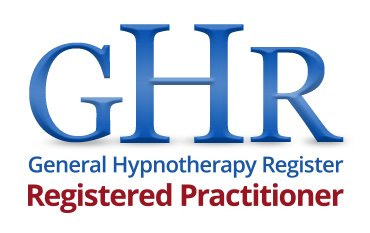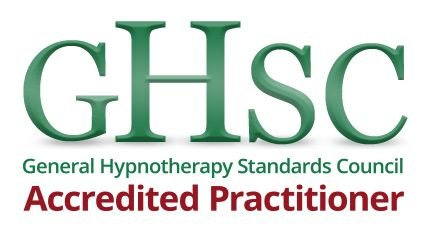Menopause
About
 Menopause usually affects women between the ages of 45 and 55, but it can happen earlier. The average age for the menopause in the UK is 51. Menopause can happen naturally as part of the ageing process or because of surgery such as a hysterectomy, cancer treatments like chemotherapy or a genetic reason. Perimenopause is when you start having symptoms of menopause but your periods have not stopped. Perimenopause can last several years and ends when have not at a period for 12 months, which is when you reach menopause.1 in 4 women with menopause symptoms are concerned about the ability to cope with life, nearly half (47%) of women with symptoms say they feel depressed while over a third (37%) say they suffer with anxiety. 3 in 5 women (59%) working women between the ages of 45 and 55 who are experiencing menopause symptoms say it has a negative impact on them at work. Some of the common psychological symptoms of menopause include anxiety, low mood, irritability, difficulty sleeping, feelings of loss of self, loss of self-confidence, and problems with memory and concentration(brain fog). Some of the common physical symptoms include hot flashes, night sweats, headaches or migraines, changes in skin condition, digestive problems, vaginal dryness, loss of libido, feeling tired or lacking energy. There are over 30 recognised symptoms of menopause and most women will experience several of these. The menopause may trigger a first episode of anxiety or low mood. Symptoms such as difficulties with memory and the impact of disturbed sleep because of hot flushes, can erode self-esteem and self-confidence.
Menopause usually affects women between the ages of 45 and 55, but it can happen earlier. The average age for the menopause in the UK is 51. Menopause can happen naturally as part of the ageing process or because of surgery such as a hysterectomy, cancer treatments like chemotherapy or a genetic reason. Perimenopause is when you start having symptoms of menopause but your periods have not stopped. Perimenopause can last several years and ends when have not at a period for 12 months, which is when you reach menopause.1 in 4 women with menopause symptoms are concerned about the ability to cope with life, nearly half (47%) of women with symptoms say they feel depressed while over a third (37%) say they suffer with anxiety. 3 in 5 women (59%) working women between the ages of 45 and 55 who are experiencing menopause symptoms say it has a negative impact on them at work. Some of the common psychological symptoms of menopause include anxiety, low mood, irritability, difficulty sleeping, feelings of loss of self, loss of self-confidence, and problems with memory and concentration(brain fog). Some of the common physical symptoms include hot flashes, night sweats, headaches or migraines, changes in skin condition, digestive problems, vaginal dryness, loss of libido, feeling tired or lacking energy. There are over 30 recognised symptoms of menopause and most women will experience several of these. The menopause may trigger a first episode of anxiety or low mood. Symptoms such as difficulties with memory and the impact of disturbed sleep because of hot flushes, can erode self-esteem and self-confidence.
How I can help
I use coaching, NLP and hypnotherapy to provide a personalised approach that is aimed at helping you to process and understand your experiences in a safe, non-judgmental environment. This is your opportunity to explore how you feel, think about what is working for you now and what is not and consider what you need to independently support your mental and emotional well-being. We can explore strategies and techniques to manage, boost confidence, improve the quality of sleep and reduce the intensity of hot flushes. Hypnotherapy was cited in 2017 by the British Medical Journal as being one of the two alternative treatments they could recommend as being effective in reducing the experience of hot flushes. These are just some examples of how we might work together. The techniques and approaches used will be tailored to your specific experiences and issues. Generally, people find the approaches of coaching, NLP and hypnotherapy helpful, however menopausal symptoms are the result of changes in hormone levels so the effectiveness of approaches will vary from person to person and cannot be guaranteed.
I will always take a full history to understand the nature of the issue, how it impacts you and to identify any current treatment plans you are following and what support you already have in place. You should always seek advice from medical professionals if you are concerned about your symptoms.






